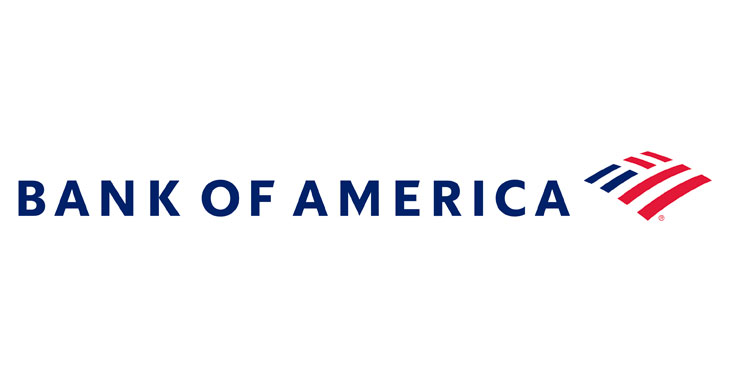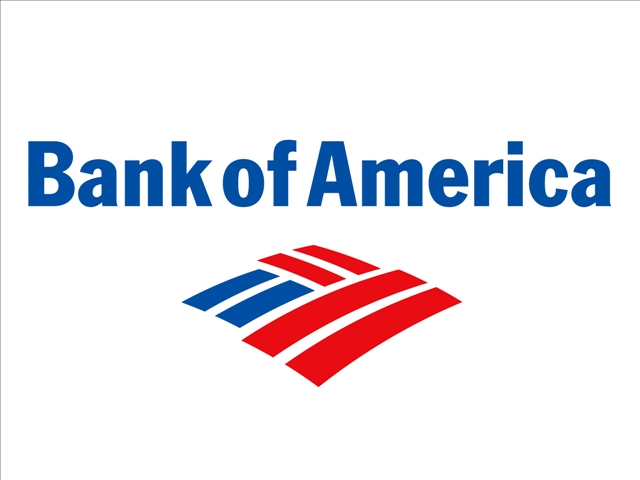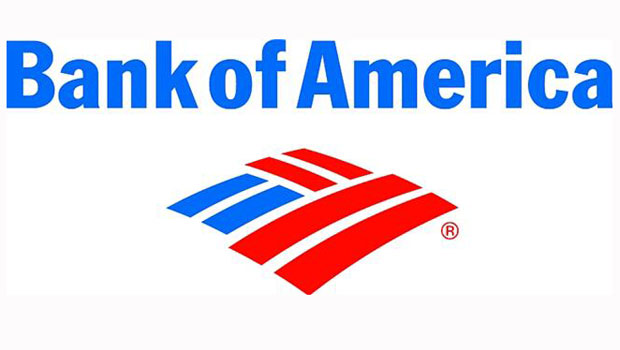
Overdraft Fees at Bank of America
Allegations: Misrepresenting when and how many overdraft fees consumers will be charged
In April 2018, a class-action lawsuit was filed against Bank of America for allegedly promising accountholders that it will not authorize non-recurring debit card transactions if the accounts do not have enough funds to cover the transactions and thus will not charge overdraft fees on them when, according to the complaint, the bank misclassifies certain one-time debit card transactions – such as gas station transactions – as recurring and then charges accountholders an overdraft fee on them. (Mason et al v. Bank of America, N.A. and Bank of America Corp., Case No. 18-cv-159, D. ME.)
For more information about other class-action lawsuits filed against banks and TINA.org’s coverage of them, click here.
Allegations: Misrepresenting when and how many overdraft fees consumers will be charged
Allegations: Falsely representing that consumers must pay a fee to transfer money
Allegations: Preventing consumers from giving negative reviews of Bank of America on its website and app
Allegations: Misleadingly marketing money transfers as safe and secure without disclosing that there’s a high risk of fraud and customers who lose money in unauthorized transactions are often not reimbursed
Allegations: Failing to disclose that customers will be charged fees on incoming wire deposits
Allegations: Misrepresenting when consumers will be charged overdraft fees
Allegations: Misrepresenting when consumers will be charged overdraft fees
Allegations: Misrepresenting when consumers will be charged overdraft fees
Allegations: Misleadingly marketing Zelle as fast, safe, and secure without disclosing that accountholders who lose money due to fraud have no recourse for reimbursement of lost funds
Allegations: Failing to disclose the risks associated with using money transfer apps, including that consumers who lose money due to fraud will not be reimbursed
Allegations: Falsely representing that it would provide accountholders with refunds of various bank fees during the COVID-19 pandemic when the bank systematically refused to provide refunds
Allegations: Misleadingly representing that the bank would “offer assistance to qualifying consumer[s]” during the COVID-19 pandemic when the bank rejected requests for assistance
Lawsuits take aim at so-called non-disparagement clauses.
CFPB order provides refunds to consumers harmed by Bank of America’s practices.
A majority have faced false-ad challenges within past five years.
A direct mail advertisement by Bank of America promoting low refinancing rates for homeowners has some consumer advocates concerned the materials may be misleading. American Banker reported this week that…






